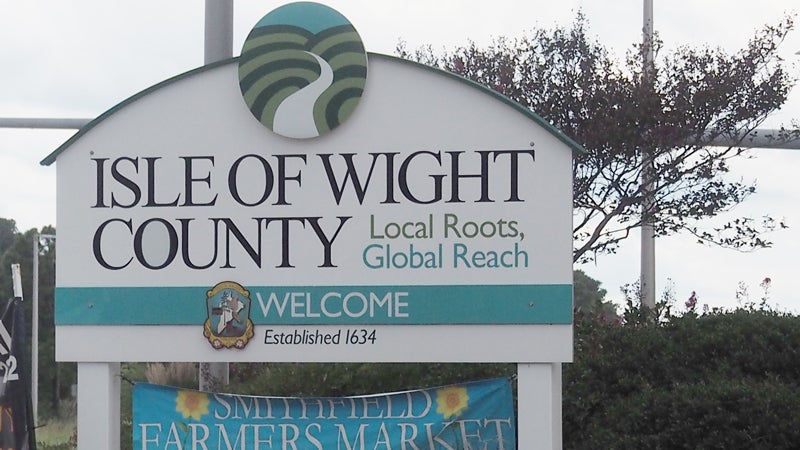Smithfield proposes several tax hikes
Published 12:26 pm Wednesday, May 18, 2016
By Matt Leonard
Staff WriterSmithfield’s proposed budget, published earlier this week, includes three tax increases including the occupancy tax, the meals tax and vehicle license fees.
In a two-hour meeting last week led by Finance Committee Chairman Randy Pack the Council worked to close a $200,000 gap between revenue and expenditures.
Council members also decided to keep a 5 percent salary increase included in the budget. {mprestriction ids=”1,2,3,4,5,6″}
Funding for bathroom renovations at the Smithfield Center totaling $30,000 was also cut, a project Pack said could be put off to a later year.
Council members agreed to increase the town’s occupancy tax — paid by guests at hotels —from 11 percent to 12 percent. The Council also decided to increase the meals tax from 6 percent to 6.25 percent. (The town’s meals tax is in addition to the 5 percent state sales tax.)
The 4 percent increase in the meals tax would bring an estimated $65,000 of additional revenue to the town. The 9 percent increase in the occupancy tax will generate an estimated $36,000.
Mayor Carter Williams was the first one to suggest a tax increase, which was initially met with concern.
“I want to try to do this without raising anything (taxes),” said Council member Milton Cook.
But Town Treasurer Ellen Minga said the departments in town are using the money they’re allotted.
“If I feel like something (an expense) does need to be cut or it’s not trending, I do cut it,” Minga said. “But most things have been trending flat or up.”
Council member Connie Chapman said she approved of the increases because it doesn’t place the burden just on the citizens of towns, but on all clientele at town restaurants and hotels, while also balancing the budget.
The largest increase in revenue would come from a proposed change to what the town charges for vehicle licenses, which currently cost $20. Ellen Minga, Smithfield’s treasurer, said if the town adopts the rates that Isle of Wight charges, the increase could generate about $80,000 in new revenue.
The County charges $33 for vehicles, $18 for motorcycles and $10 for farm equipment and national guard vehicles. Another option is a $25 flat fee, which would be about $60,000 in new revenue.
Council members, led by Pack and Council member Milton Cook, briefly considered cutting the 5 percent salary increase to a 4 percent increase.
Cook echoed a sentiment that has been heard on the county level recently when talking about pay increases, saying local government needs to be run more like a business and across the board raises simply aren’t seen regularly in the private sector.
The draft budget presented at committee meetings last month included a salary increase of four percent for town employees. Minga said the increase to 5 percent was made because some employees didn’t see a meaningful increase with less than that amount. She said she made the decision with Town Manager Peter Stephenson.
The 5 percent increase was kept in the budget after Pack did an unofficial tally of council members’ opinions.
Chapman asked about the possibility of moving to a merit-based salary increase, taking into account yearly performance reviews.
Minga said the town regularly did performance-based increases prior to the Great Recession and it is a practice they plan to get back to in years to come.
The largest increase in a department salary is in the Town Manager’s office because Stephenson is asking for funds to hire a Human Resources professional — a decision the Council supported.
Stephenson said this staff position would handle some responsibilities currently handled by himself and Minga such as updating job descriptions, payroll, organizational development, staff training and advertising position openings.
Council members also hope the new HR position will be able to negotiate a better price for Town’s health plan, which saw an 11 percent increase this year.
Pack recommended not making any changes to health insurance this year since a budget has to be passed in less than two months, suggesting any possible changes wait until after the fiscal 2017 budget passes.
These proposed changes will come up again at the next Town Council meeting in June. Minga said the budget won’t be passed until after committee meetings at the end of June. {/mprestriction}





